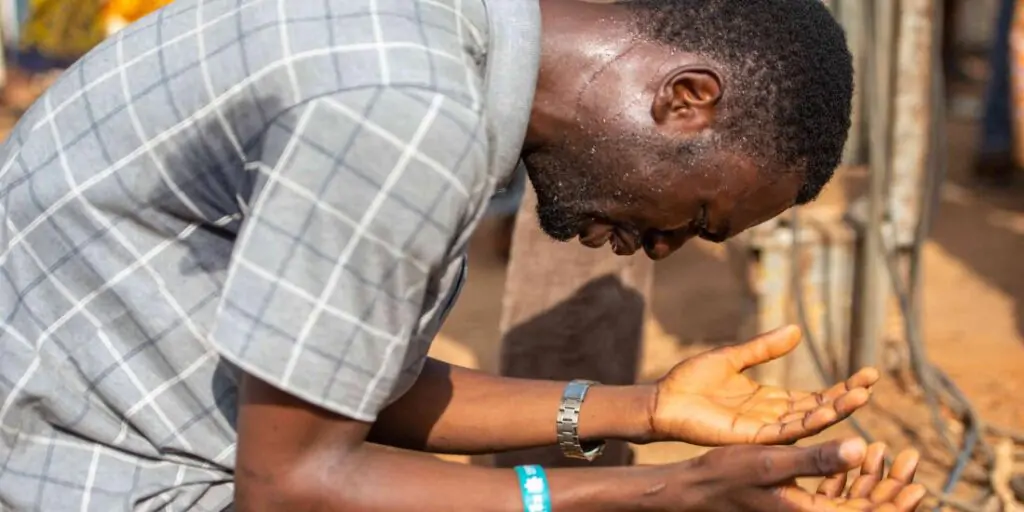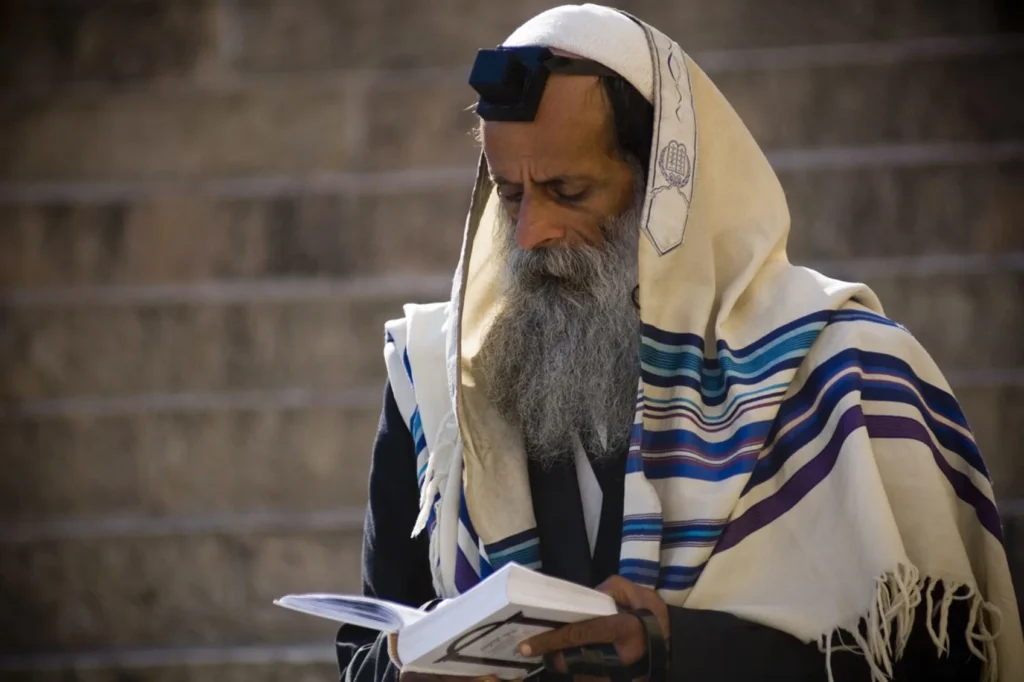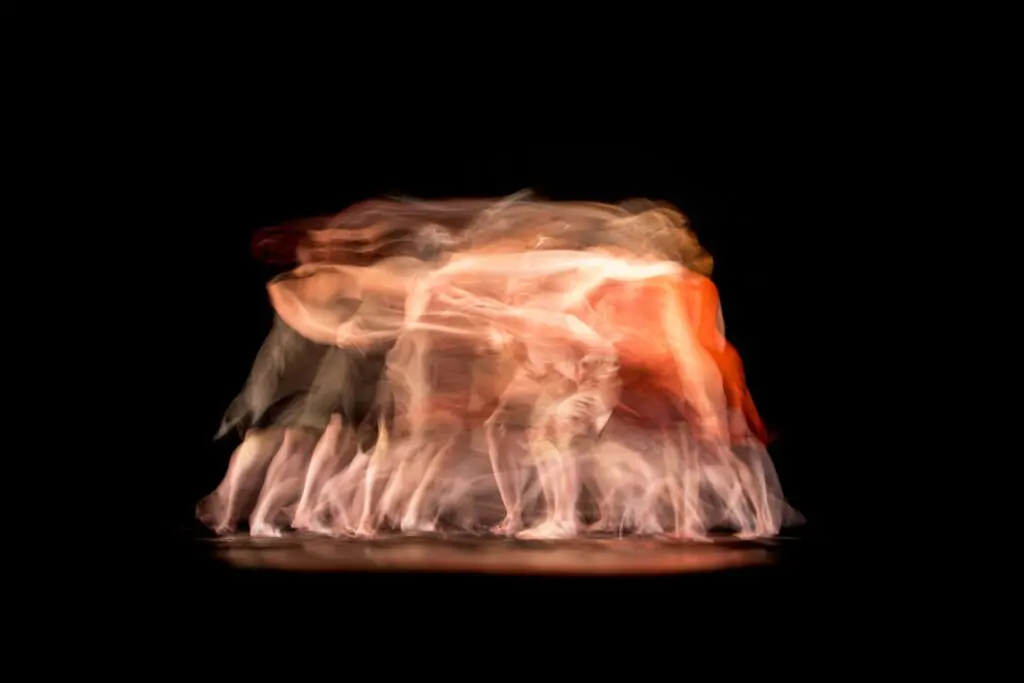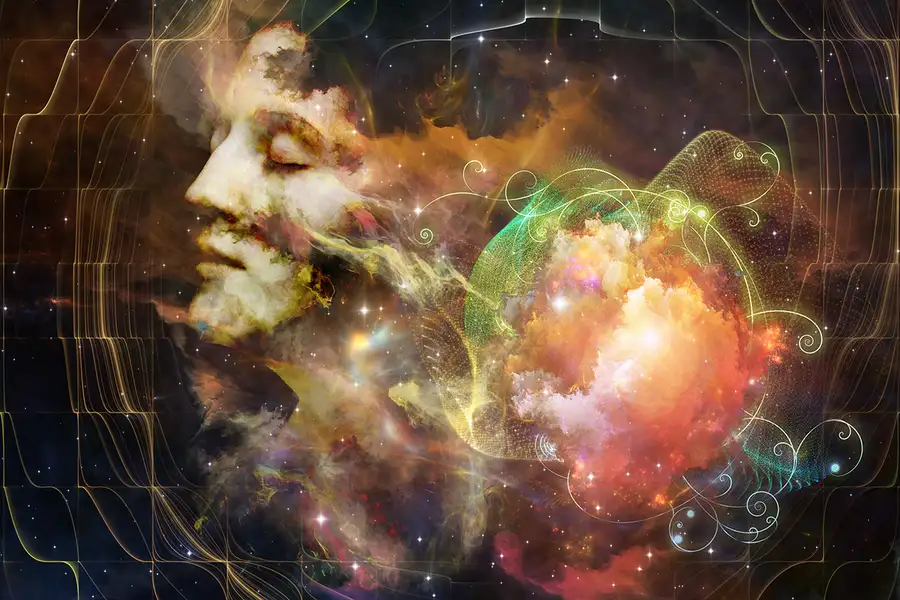Ethics and Morality in Religion

As an experienced blogger with a deep passion for exploring intricate topics, I find myself drawn to the profound realm of ethics and morality within the context of religion. It’s a subject that resonates with the core of human existence, influencing not only our individual lives but also the very fabric of our communities and the global stage. Let’s embark on a journey through the multifaceted relationship between ethics, morality, and religion, unraveling the complex interplay of these fundamental aspects of human experience.
Navigating the Depths of Religious Ethics
In my journey as a blogger, I’ve always been intrigued by the intricate tapestry of human beliefs, and nowhere is this tapestry more complex and compelling than in the intersection of religion, ethics, and morality. It’s a realm where ancient wisdom meets contemporary challenges, where the eternal quest for what is right and wrong takes on a unique flavor within the context of faith.
Defining Ethics and Morality
Let’s start by clarifying our terminology. Ethics, in essence, are the guiding principles that help us navigate the intricate labyrinth of human behavior within specific contexts. Morality, on the other hand, transcends these boundaries, encompassing a broader spectrum of beliefs that dictate what is right and wrong in the grand scheme of life.
Religion as a Moral Compass:
Religion has always been, for me, a beacon of moral guidance. It offers a framework, rooted in time-honored traditions, for understanding and embracing virtuous behavior. Through its teachings, it encourages us to cultivate virtues like compassion, honesty, and humility, which serve as our moral compass.
Religious Texts and Moral Guidance
Delving deeper into religious ethics, we discover that these moral compasses find their expression in sacred texts. Whether it’s the Bible, Quran, Torah, or other revered scriptures, these texts contain narratives, parables, and commandments that offer timeless wisdom on navigating the moral intricacies of life.
Challenges to Ethical and Moral Behavior
However, the journey of ethical and moral living within the framework of religion is far from straightforward. In my exploration, I’ve found that ethical dilemmas, varying interpretations of religious teachings, and the influence of external factors often complicate the pursuit of virtuous behavior.
Interfaith Ethics and Morality
In today’s interconnected world, I’ve come to appreciate the importance of interfaith dialogue on ethics and morality. Despite the apparent differences, many religions share common ethical values like compassion and charity. Recognizing these shared principles can foster understanding and cooperation among diverse faith communities.
Controversial Issues in Religious Ethics
But, as my journey through the world of religious ethics has shown, it’s not always a harmonious union of faith and morality. Controversial issues, such as gender equality, LGBTQ+ rights, and reproductive ethics, often ignite intense debates within religious circles, underscoring the tension between tradition and progress.
The Role of Religious Leaders
Religious leaders, including priests, imams, rabbis, and gurus, occupy a central role in shaping the ethical and moral conduct of their followers. Through their guidance, interpretations of sacred texts, and personal example, they illuminate the path of righteous living.
Ethics, Morality, and Rituals
Religious rituals, I’ve discovered, provide a tangible means of embodying ethical and moral principles. Acts like prayer, fasting, and acts of charity become expressions of these values, seamlessly weaving spirituality into daily life.
Religious Tolerance and Pluralism
In our increasingly diverse world, promoting religious tolerance and pluralism is paramount. Ethical and moral principles can serve as the foundation for respecting the beliefs and religious freedoms of others, fostering harmony amidst diversity.
Impact of Ethics and Morality on Society
The influence of religious ethics on society cannot be understated. Acts of kindness, charity, and social justice, inspired by these teachings, contribute to the betterment of communities and nations. I’ve witnessed firsthand the transformative power of faith-driven ethics.
The Evolution of Religious Ethics
Religious ethics are not static, they evolve to adapt to changing social, cultural, and technological landscapes. This evolutionary aspect of faith-based morality offers a fascinating glimpse into the dynamic nature of belief systems.
The Future of Ethics and Morality in Religion
As I contemplate the future, I see the ethical and moral dimensions of religion continuing to evolve. In an ever-changing world, faith-based communities must adapt to contemporary challenges while preserving the timeless values that have guided humanity for centuries.
Conclusion: Where Faith, Morality, and Ethics Converge
In conclusion, the intricate dance of ethics, morality, and religion shapes the lives of billions across the globe. While religious traditions offer a steadfast moral compass, the application of ethical principles in our dynamic world demands thoughtful reflection and dialogue. By unraveling the rich tapestry of ethics and morality within the realm of religion, we can gain deeper insights into the values that guide us and the potential for positive change in our ever-evolving world.
 English
English 










































